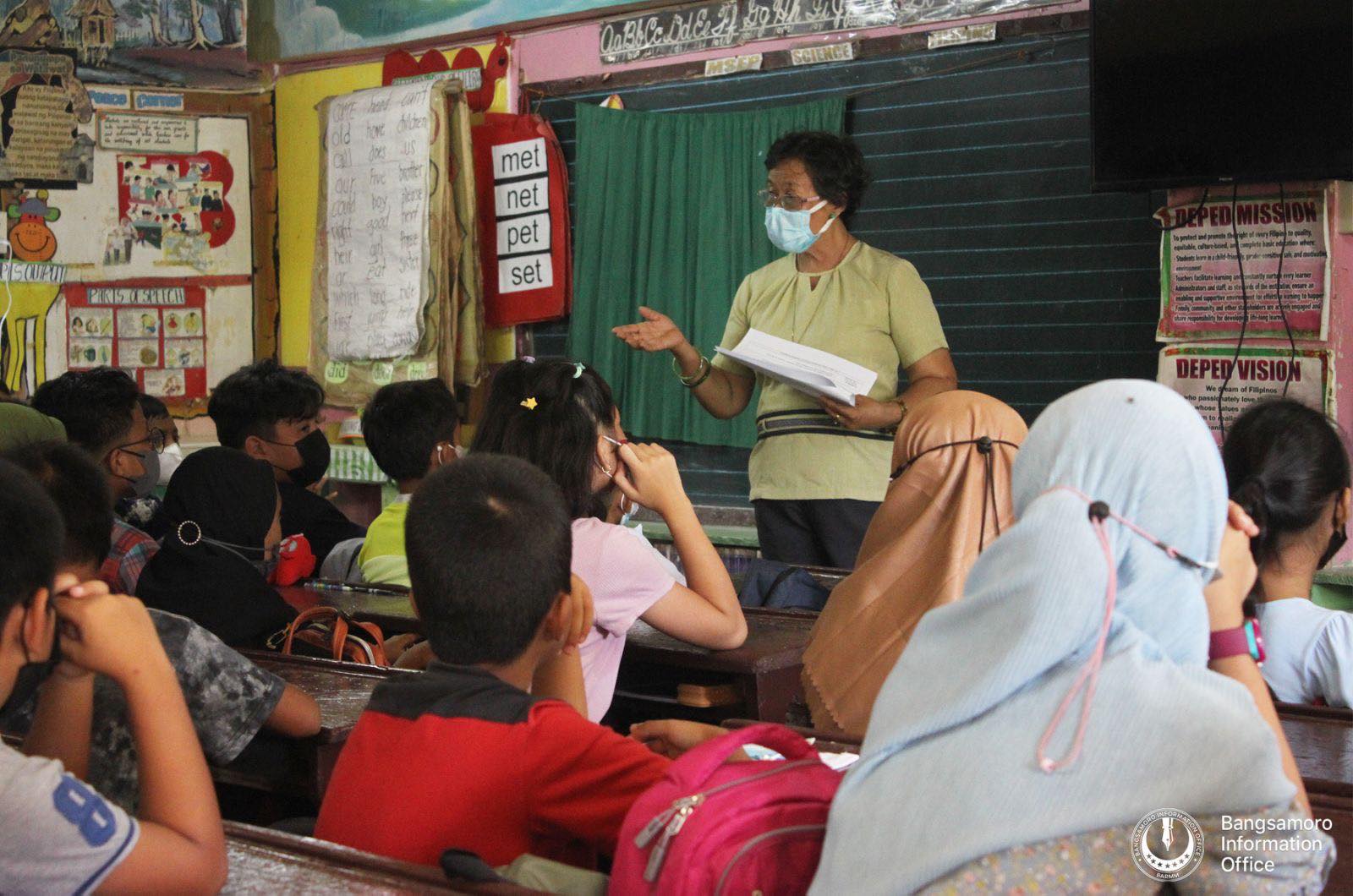In the Philippines, August brings more than just rain; it is also the time to celebrate “Buwan ng Wika” or National Language Month.
But before the month-long celebration concludes, let us also reflect on the importance of preserving native languages, particularly in shaping the minds of the youth in the Bangsamoro region.
This year’s theme, “Filipino at mga Katutubong Wika: Wika ng Kapayapaan, Seguridad, at Ingklusibong Pagpapatupad ng Katarungang Panlipunan,” focuses on the importance of our native languages in building peace, security, and social justice. This could mean that peace and understanding start from establishing clear communication through language.
Nestled within the beautiful landscapes of the Bangsamoro Autonomous Region, and being part of the country’s multilingual archipelago, native or ethnic languages are like treasure chests, holding stories, traditions, and a deep sense of identity. Despite the use of English as the universal language, the Bangsamoro people hold on tightly to their native or ethnic languages, which connect them to their past.
For Suraida Usman, a dedicated teacher from Maguindanao del Norte, teaching the young ones using the local or ethnic language is like passing down a precious heirloom. “It’s not just about words; it’s about keeping our heritage alive,” she said.
“When our kids learn in our language, they understand our history and culture better. Sa aming pagtuturo, ipinapakita namin ang kahalagahan ng pagpreserba ng katutubong wika lalo na sa pagpapalaganap ng kapayapaan. Dito nagsisimula ang pagkakaunawaan,” she added.
According to the United Nations Educational, Scientific and Cultural Organization (UNESCO), studies show that learning in one’s native language boosts children’s cognitive skills. In the Philippines, including the Bangsamoro region, the use of the mother tongue is encouraged in the early stages of learning as the medium of teaching to aid learners in better understanding their lessons.
“It’s crucial that we don’t lose sight of our heritage by solely focusing on English. When we teach children in their mother tongue, we’re not just imparting knowledge, but also helping them understand the essence of being Bangsamoro,” Usman stressed.
This year’s Buwan ng Wika theme reminds us that when we preserve our native languages, we’re building a peaceful community. By speaking our language, Bangsamoro youth feel closer to each other, which can lead to peace and understanding.
Teacher Usman says, “Our ethnic languages are not just words; they serve as the heart of our community. Let’s pass it on to our children so they inherit not just the language, but our courage, our culture, and a peaceful future.”
The celebration of Buwan ng Wika in August is about to conclude, but we are hopeful that celebrations like this would remind us every day that by embracing our native language, we (Bangsamoro people) are not just keeping words alive; they’re protecting our traditions, nurturing the future, and contributing to the diverse cultures that make the Bangsamoro region and the Philippines truly special. (Aisah Abas/BIO)








